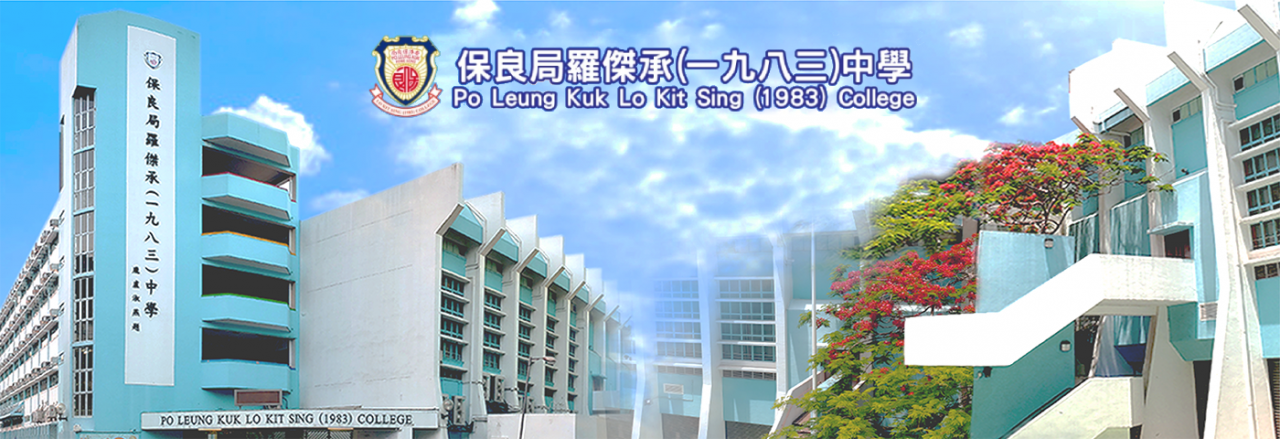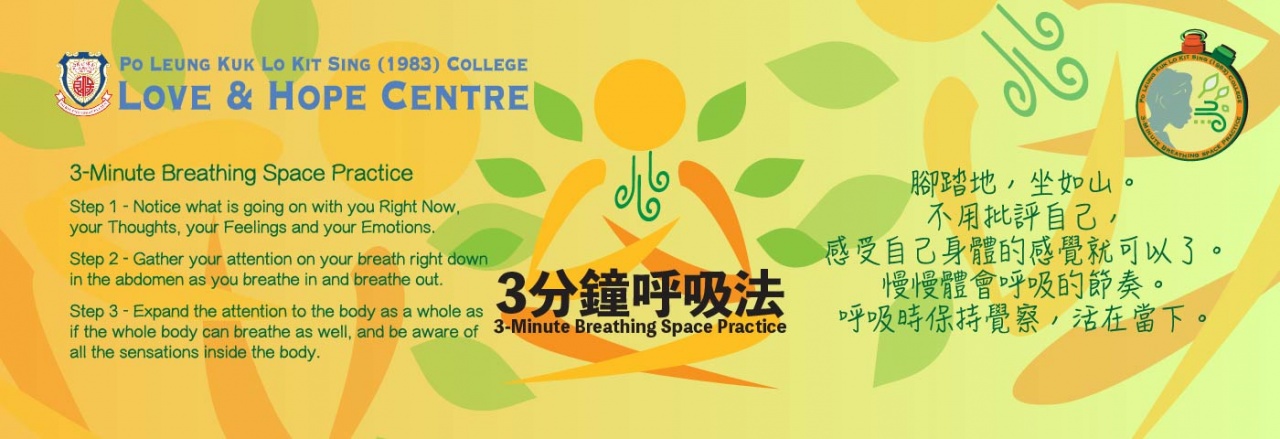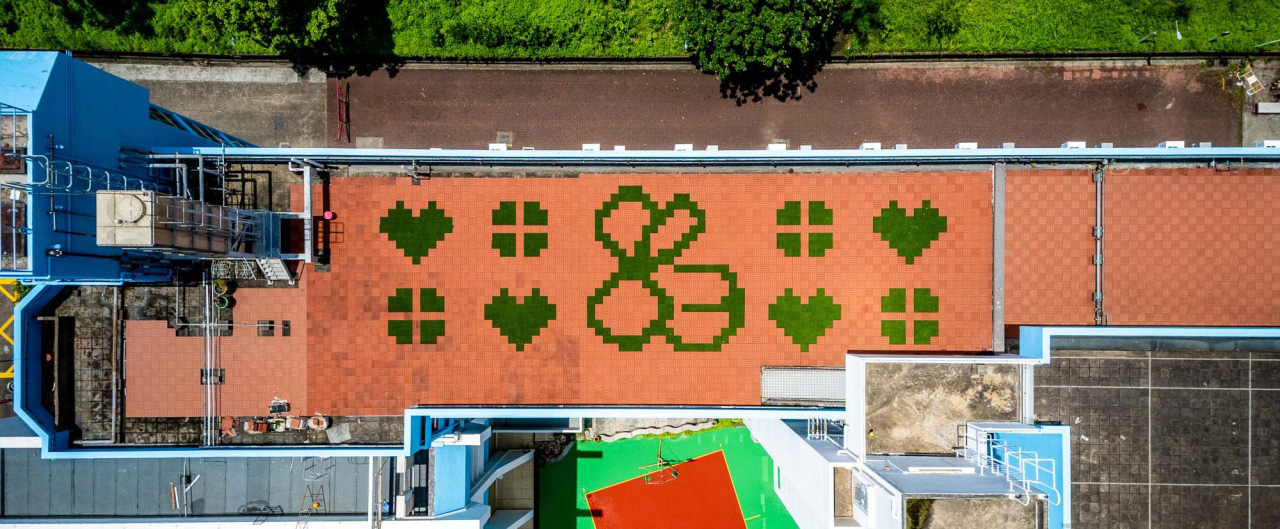Subject:
|
Biology |
Aims and Objectives:
|
The broad aims of the Biology Curriculum are to enable students to:
|
Curriculum Outlines:
|
Compulsory Part
- Cellular organisation - Movement of substances across membrane - Cell cycle and division - Cellular energetics
- Basic genetics - Molecular genetics - Biodiversity and evolution
- Essential life processes in plants - Essential life processes in animals - Reproduction, growth and development - Coordination and response - Homeostasis - Ecosystems
- Personal health - Diseases - Body defence mechanisms Elective Part
- Regulation of water content (osmoregulation) - Regulation of body temperature - Regulation of gas content in blood - Hormonal control of reproductive cycle
- Human impact on the environment - Pollution control - Conservation - Global issues
- Microbiology - Use of microorganisms - Microbial genetics - Harmful effects of microorganisms
- Techniques in modern biotechnology - Applications in biotechnology - Bioethics |
Members:
|
Ms Chow Pui Yee (CPY) Mr Poon Wing Hang (PWH) |
Department Activities:
|
Links:
|
Biology simulator: https://phet.colorado.edu/en/simulations/filter?subjects=biology&type=html,prototype |
Others:
|
HKDSE Assessment Design |












